The Future of Entertainment
Revolutionizing Gaming Environments and Cinema Through Virtual Reality Patented Innovations
4/1/20254 min read
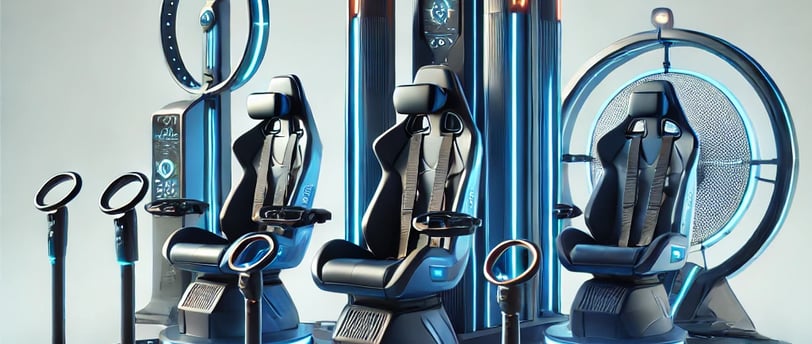

The Future of Entertainment: Virtual Reality are Transforming Gaming and Cinema
Virtual Reality (VR) is no longer a futuristic concept—it is rapidly becoming a game-changer in both gaming and cinema. As VR technology continues to evolve, it is poised to revolutionize these industries, offering experiences that are more immersive, interactive, and engaging than ever before. However, the role of patents is equally crucial in shaping the future of VR, ensuring the protection of innovative ideas and driving competition among industry leaders. In the near future, patents will be the backbone of VR advancements in gaming and cinema, dictating how we play games and watch movies while fostering groundbreaking technological developmen
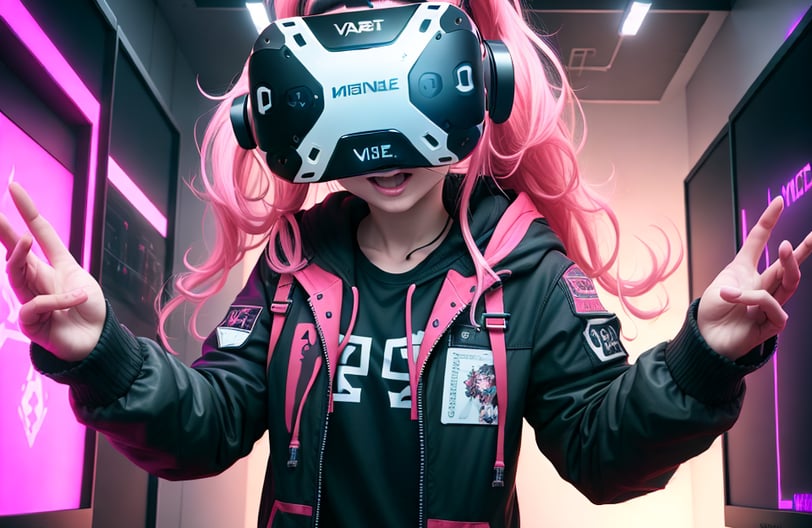

One of the most significant impacts of VR in gaming is its ability to create an unparalleled sense of immersion. Unlike traditional gaming, where players interact through screens, VR transports them directly into the game world. Companies are actively patenting innovations such as haptic feedback systems, motion-tracking sensors, and AI-driven environments to enhance realism. Future developments may even include full-body suits that simulate physical sensations, protected by patents to ensure exclusivity in the market. Without these patents, groundbreaking developments in VR gaming could be at risk of replication, stalling technological progress.
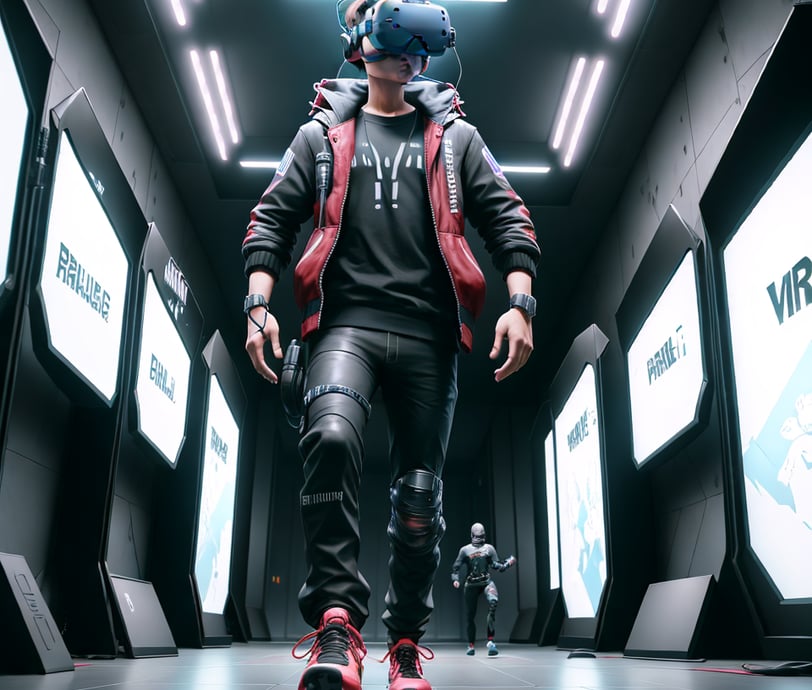

Multiplayer gaming is also undergoing a radical transformation with VR. Instead of simply communicating through voice chat or text, players can engage in fully interactive social experiences. Patents covering real-time facial recognition, body tracking, and avatar customization ensure that VR avatars are more lifelike than ever. The patent landscape is shaping the future of social VR experiences, allowing companies to safeguard their technological breakthroughs while fostering competition that drives further advancements in persistent virtual worlds.
Revolutionizing VR Gaming Environments Through Patented Innovations
Game developers are leveraging VR to create ultra-realistic environments, incorporating patented technologies like hand-tracking, eye-tracking, and spatial audio. Future gaming worlds may include AI-driven narratives where characters adapt to player decisions, protected by patents that secure proprietary storytelling methods. Additionally, sensory advancements such as temperature-based feedback, motion synchronization, and object interaction are patent-protected technologies that will elevate gaming immersion to an entirely new level. VR gaming is shifting the landscape of physical activity, turning what was once a passive hobby into an active experience. Patents on VR fitness programs, real-time biometric tracking, and immersive training simulations are revolutionizing exercise through gaming. Companies securing patents for motion-adaptive AI and sensor-integrated controllers are driving the future of VR fitness. As a result, gaming will seamlessly integrate with health monitoring, providing users with engaging and effective workout experiences.
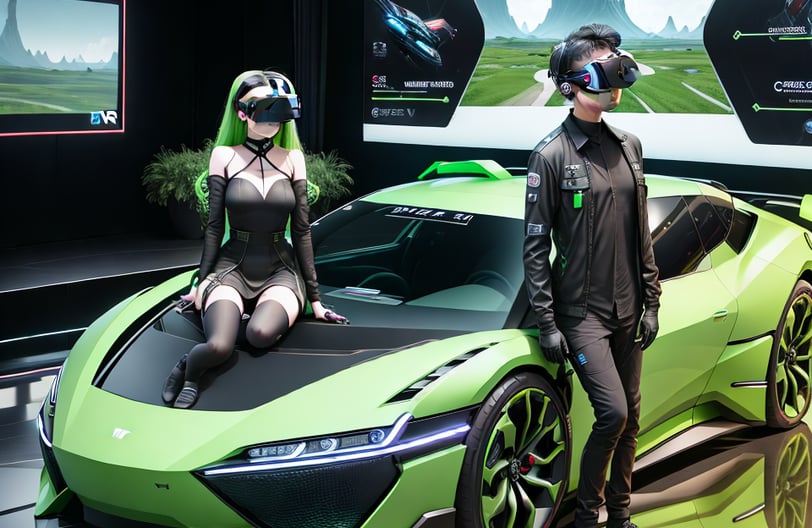

Transforming the Cinema Experience Through VR Innovations
Beyond gaming, VR is set to transform how we watch movies, with patents playing a pivotal role in this evolution. Traditional cinema involves passive viewing, but VR takes storytelling to the next level by making the audience an active part of the narrative. Patents on 360-degree filming techniques, immersive soundscapes, and interactive VR film technology are enabling studios to develop new, engaging cinematic experiences. Viewers will soon be able to control their perspectives in films, creating a dynamic storytelling format that would not be possible without patent protection.
VR is also redefining how people consume films at home. Instead of watching on a TV or theater screen, users can don VR headsets and enter a virtual cinema, offering an IMAX-like experience without leaving their homes. Companies have secured patents for virtual theater seating, real-time social viewing integration, and AI-driven recommendation systems. These patents ensure that VR movie nights become mainstream while providing legal protection for innovators leading the charge in redefining home entertainment.
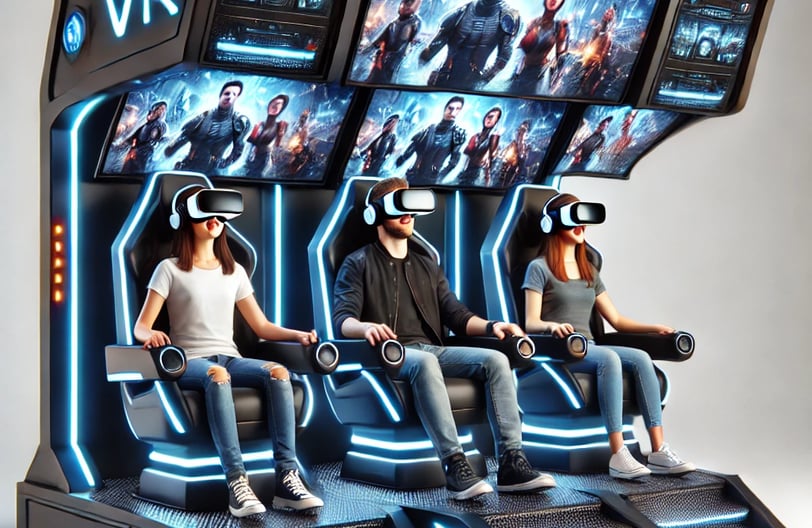

Transforming the Cinema Experience Through VR Innovations
Beyond gaming, VR is set to transform how we watch movies, with patents playing a pivotal role in this evolution. Traditional cinema involves passive viewing, but VR takes storytelling to the next level by making the audience an active part of the narrative. Patents on 360-degree filming techniques, immersive soundscapes, and interactive VR film technology are enabling studios to develop new, engaging cinematic experiences. Viewers will soon be able to control their perspectives in films, creating a dynamic storytelling format that would not be possible without patent protection.
VR is also redefining how people consume films at home. Instead of watching on a TV or theater screen, users can don VR headsets and enter a virtual cinema, offering an IMAX-like experience without leaving their homes. Companies have secured patents for virtual theater seating, real-time social viewing integration, and AI-driven recommendation systems. These patents ensure that VR movie nights become mainstream while providing legal protection for innovators leading the charge in redefining home entertainment.
Overcoming Industry Challenges Through Patented VR Technologies
Despite the exciting possibilities, VR still faces several challenges before becoming mainstream. High hardware costs, computing power demands, and motion sickness remain hurdles. However, patented advancements in lightweight VR headsets, wireless connectivity, and AI-driven comfort enhancements are rapidly addressing these issues. As these barriers diminish, VR is likely to become a staple in both gaming and cinematic entertainment, with patents ensuring a steady flow of innovation and competitive differentiation.
Conclusion:
Virtual Reality is poised to reshape the future of entertainment, transforming gaming and cinema into deeply immersive experiences. Whether stepping into an alternate universe, battling enemies in hyper-realistic combat, or watching a movie from within its storyline, VR is pushing the boundaries of what is possible. Patents will continue to play a critical role in protecting and fostering innovation, ensuring that VR technology advances without stagnation. The future of entertainment isn’t just on a screen—it’s all around us, secured by the patents that make it possible.

